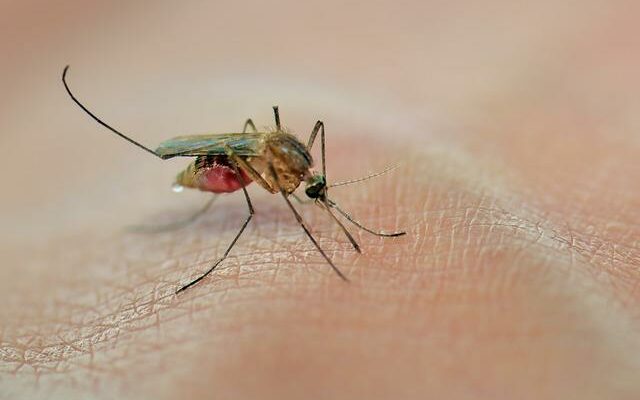Pediatric Immunology and Allergy Diseases Specialist Prof. Dr. Hikmet Tekin Nacaroğlu warned against mosquito and insect allergies, which increase in the summer months. Prof. Dr. Nacaroğlu said, “Insects are one of the most diverse animal groups in the world, and therefore insect bites are quite common. Although most insect bites cause mild skin reactions that go away on their own within a few days, serious allergic reactions can also occur in some cases.”
THE MOST COMMON BEE STINGS
Pointing out that bee stings are among the most common insect stings, Prof. Dr. Nacaroğlu continued as follows:
The vast majority of people will be stinged by a bee at least once in their lifetime. However, bee stings can sometimes cause systemic allergic reactions (anaphylaxis) that can cause serious health problems. Anaphylaxis is a life-threatening condition and requires immediate medical attention. Other than bees, stings from insects such as mosquitoes, ants and horseflies cause less serious allergic reactions.
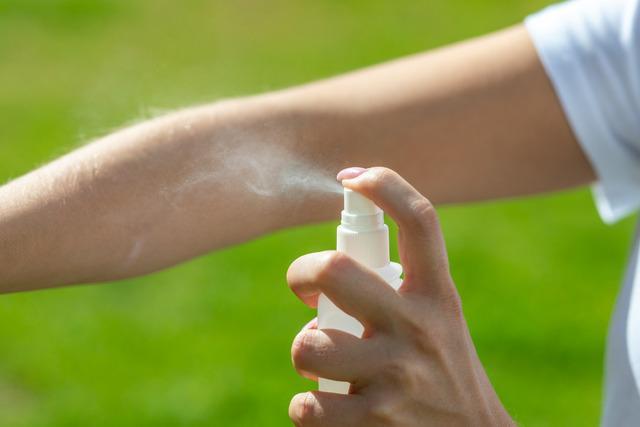
People who are sensitive to the salivary proteins of these insects usually experience mild skin reactions after a bite. However, in some cases, large, itchy swellings may develop. For example, stings from some species of ants, such as fire ants, can cause severe allergic reactions and even anaphylaxis.
BE CAREFUL OF ITCHING AND HOT SWELLING AFTER A MOSQUITO BITE
Prof. Dr. Nacaroğlu stated that mosquito bites can cause mild local reactions or severe allergic reactions on the skin and provided the following information:
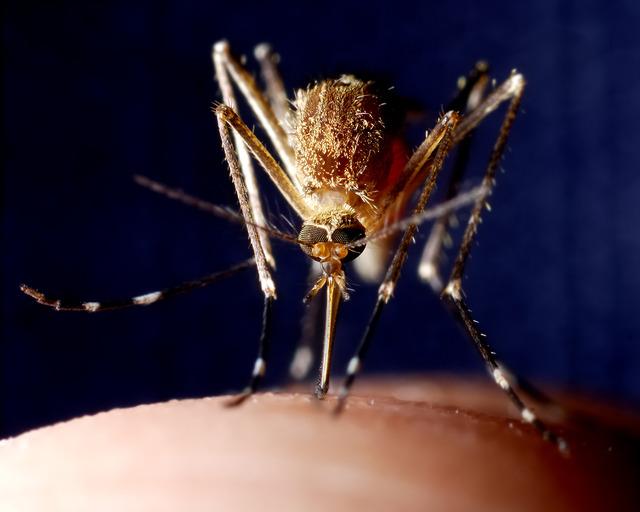
The bite area may become swollen and red within 20 minutes, and large itchy blisters may develop within 24-36 hours. These symptoms usually pass within a few days. However, some people may develop itchy, red, and hot swellings within minutes of the sting. People who work outdoors, and those with weakened immune systems, such as infants and young children, may be more susceptible to mosquitoes.
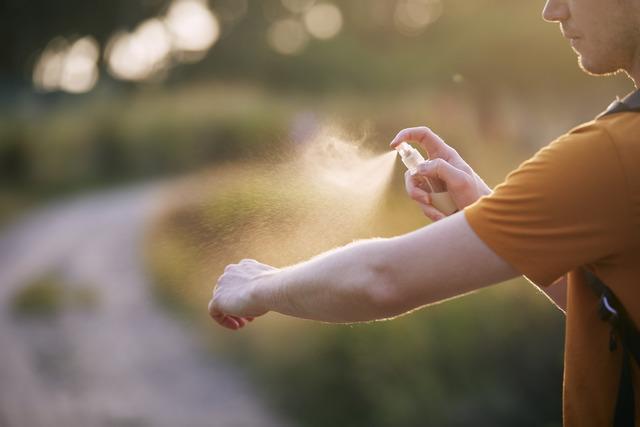
Skin tests and blood tests can be used to diagnose mosquito allergy. In allergy treatment, avoiding areas where mosquitoes are dense, using personal protective equipment, and antihistamine syrups to reduce itching can be preferred. In severe skin reactions, topical corticosteroid creams can be used.
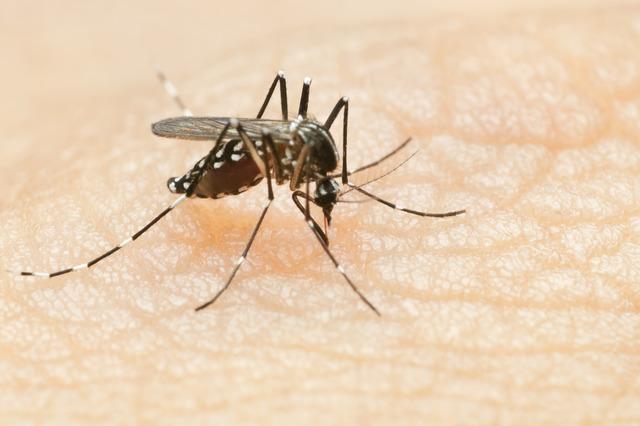
People with a history of anaphylaxis should carry an adrenaline autoinjector and be informed about its use. When allergic shock symptoms are observed in pediatric patients, an adrenaline autoinjector should be prescribed and its use should be explained to parents and caregivers. It is important to take this information into consideration to protect your health and take precautions against insect allergies. Remember, it is vital to seek medical attention immediately in the event of a serious allergic reaction. (İHA)
